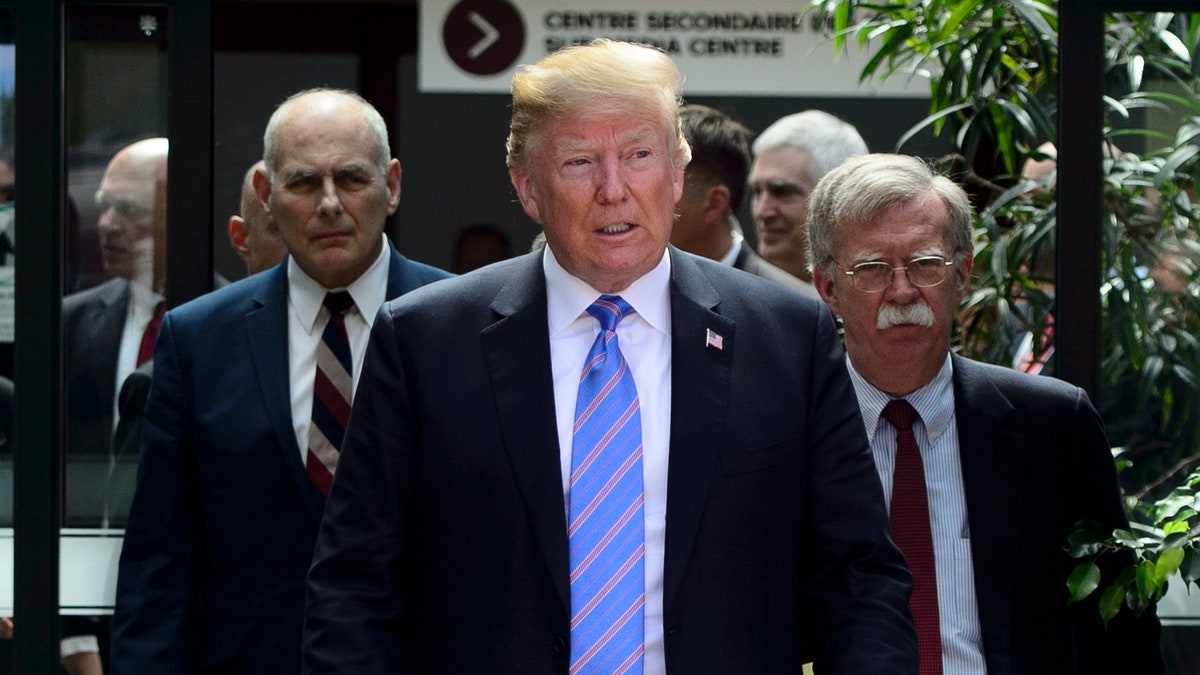
BERLIN – WHAT'S HAPPENING
The U.S. appears increasingly isolated among its key allies in its insistence on imposing new tariffs on imports of steel and aluminum. President Donald Trump lashed out at some allies, with particularly harsh words for Canadian Prime Minister Justin Trudeau, after a summit in Quebec. He left the meeting early to attend a summit with North Korean leader Kim Jong Un and said the U.S. will stick to its plan to impose tariffs on steel and aluminum. European allies on Monday backed Trudeau in the spat with Trump and stressed that they will retaliate against the U.S. tariffs with duties on U.S. goods.
WHAT'S NEXT
German Chancellor Angela Merkel is meeting Monday with key figures in international trade and finance. They include International Monetary Fund chief Christine Lagarde and World Trade Organization head Roberto Azevedo. The EU is challenging the U.S. tariffs in a case with the WTO, which oversees trade disputes. It expects to impose retaliatory tariffs on 2.8 billion euros' ($3.4 billion) worth of U.S. steel, agricultural and other products, including bourbon, peanut butter, cranberries and orange juice in July. Trump has warned the EU and Canada not to retaliate against the U.S. tariffs.
THE BACKDROP
The diplomatic tensions risk escalating into a tit-for-tat trade war, in which the sides keep slapping tariffs on a growing number of goods. Trump says he wants to reduce the U.S. trade deficit with these countries, claiming that it puts the U.S. at a disadvantage. But experts say the situation is not as simple as Trump portrays it. According to the World Bank, America's average tariff is 1.6 percent, the same as the EU's, only slightly higher than Japan's 1.4 percent and double Canada's 0.8 percent.
